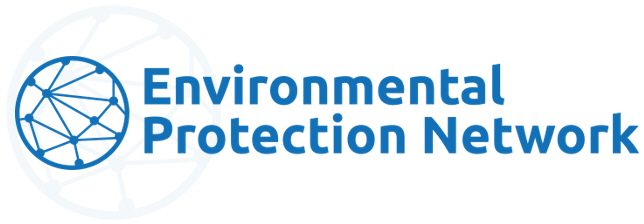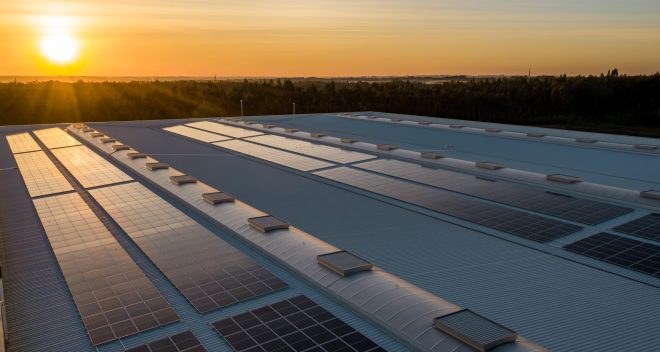The Greenhouse Gas Reduction Fund is a $27 billion investment to combat the climate crisis by mobilizing financing and private capital for greenhouse gas- and air pollution-reducing projects in communities across the country. In addition to the $7 billion Solar for All competition, EPA launched a $14 billion National Clean Investment Fund (NCIF) grant competition to expand deployment of clean technologies at a national scale and a $6 billion Clean Communities Investment Accelerator (CCIA) grant competition to build local clean financing capacity through community lenders. These programs are intended to spur the deployment of residential solar energy to lower energy bills, provide resilient and clean power to communities, and transform markets serving low-income and disadvantaged communities.
These programs have also increased the need for solar and clean energy resources. Below are a number of organizations offering technical assistance and tools for communities as they work toward their clean energy goals.
- The National Community Solar Partnership (NCSP) is a coalition of community solar stakeholders working to expand access to affordable community solar to every American household and enable communities to realize additional benefits, such as increased resilience and workforce development.
- The Clean Energy to Communities (C2C) program connects local governments, electric utilities, community-based groups, and others with expert technical support to accelerate the deployment of clean energy systems that are reflective of local and regional priorities.
- Solar United Neighbors is a community of people building a new energy system with rooftop solar at the cornerstone. They help communities join together, go solar, and fight for your energy rights.
- Vote Solar is a non-profit policy advocacy organization with the mission of making solar more accessible and affordable across the United States. They employ a combination of policy expertise, coalition building, and public engagement to power just and equitable clean energy progress in states nationwide.
- EPA’s Environmental Justice Thriving Communities Technical Assistance Centers (TCTACs) work in partnership with the Department of Energy to provide training and other assistance to build capacity for navigating federal grant application systems, writing strong grant proposals, and effectively managing grant funding.

